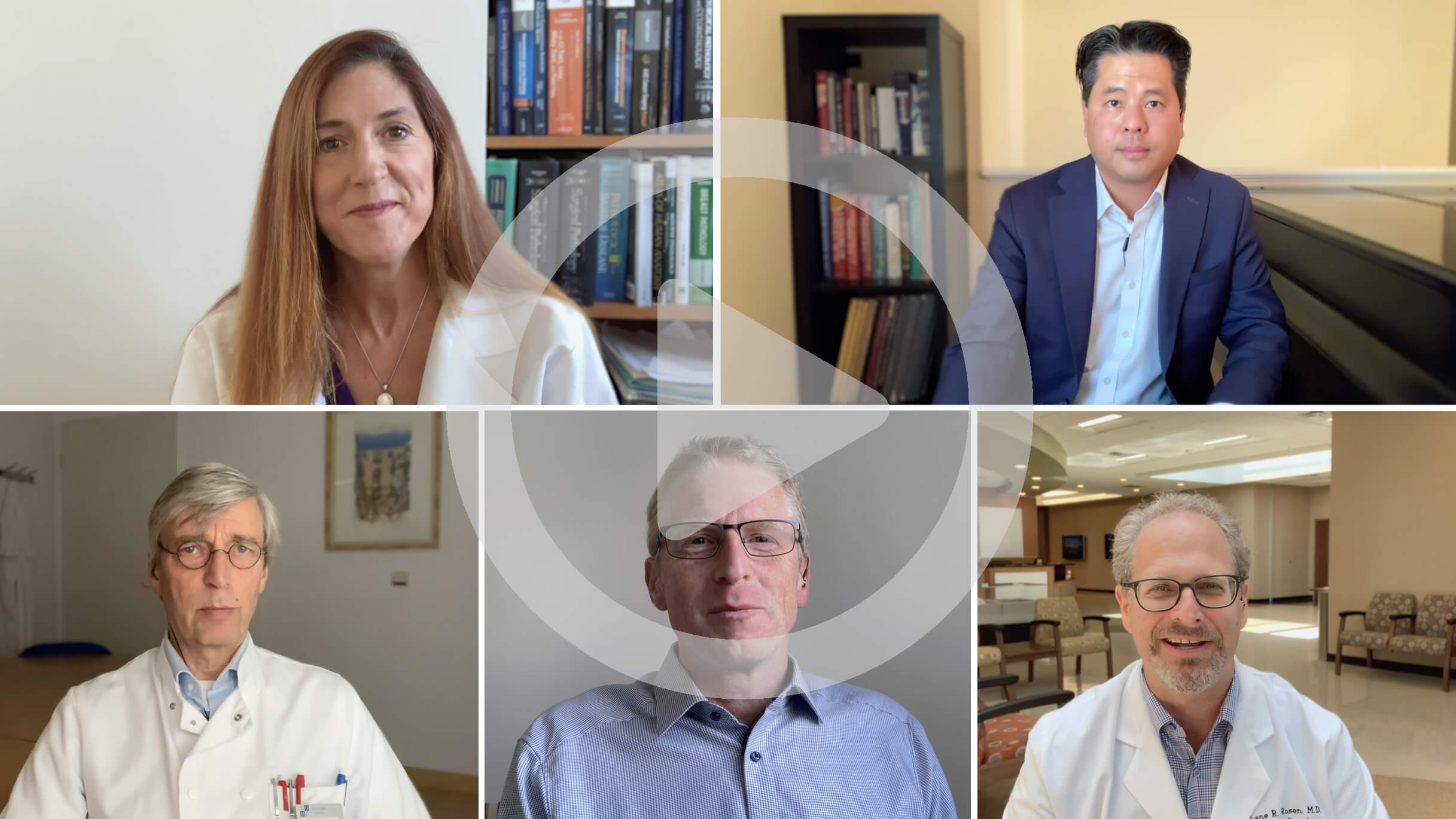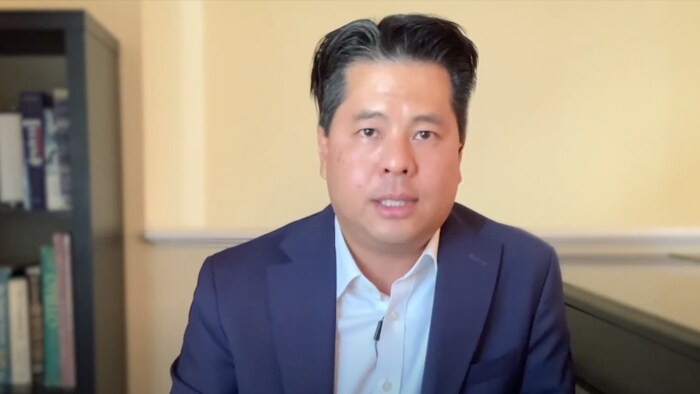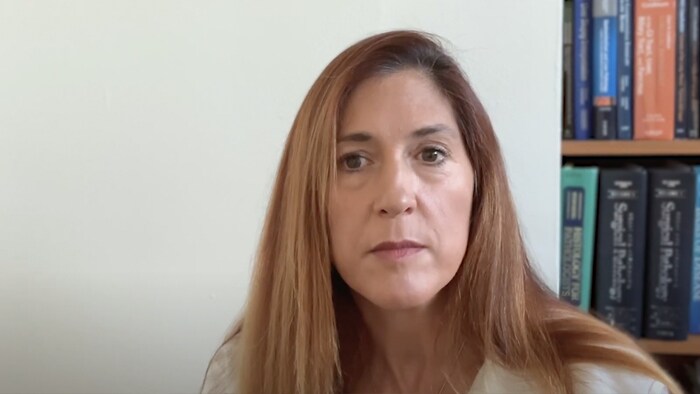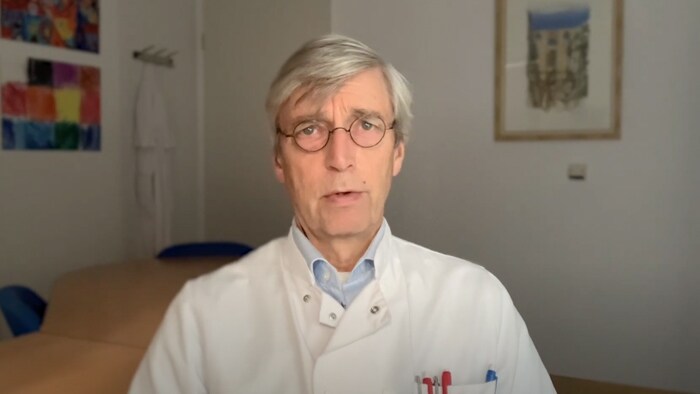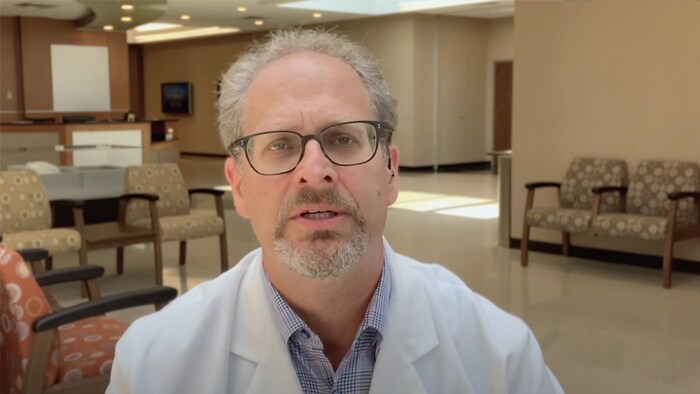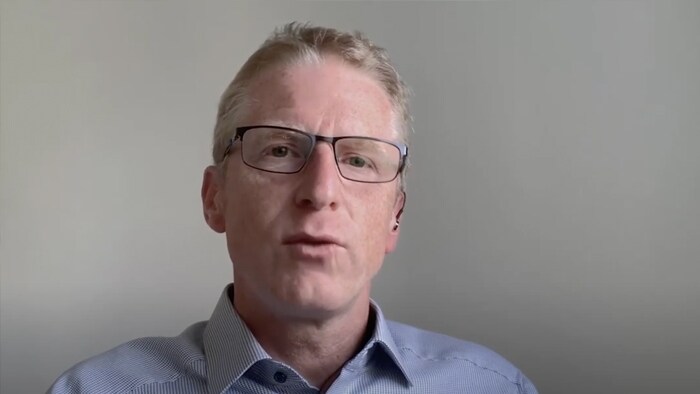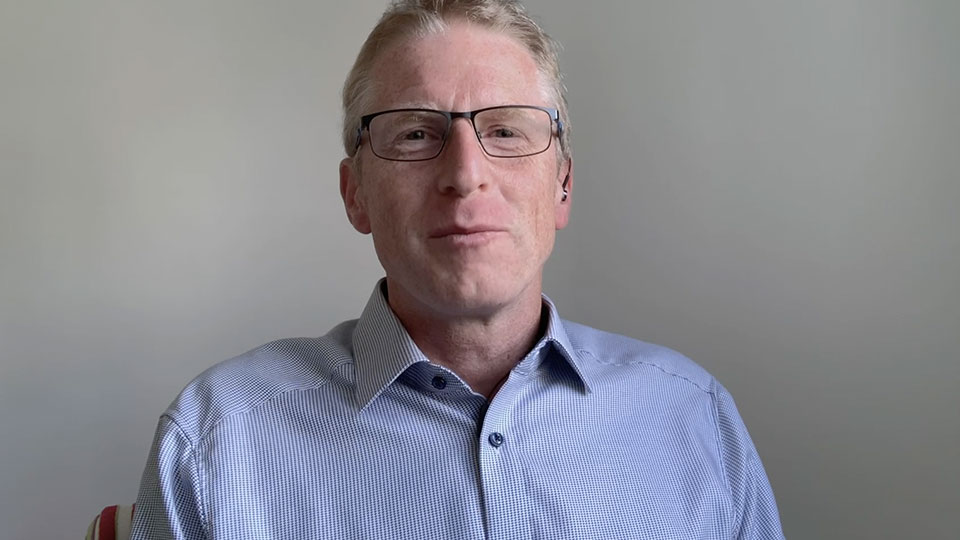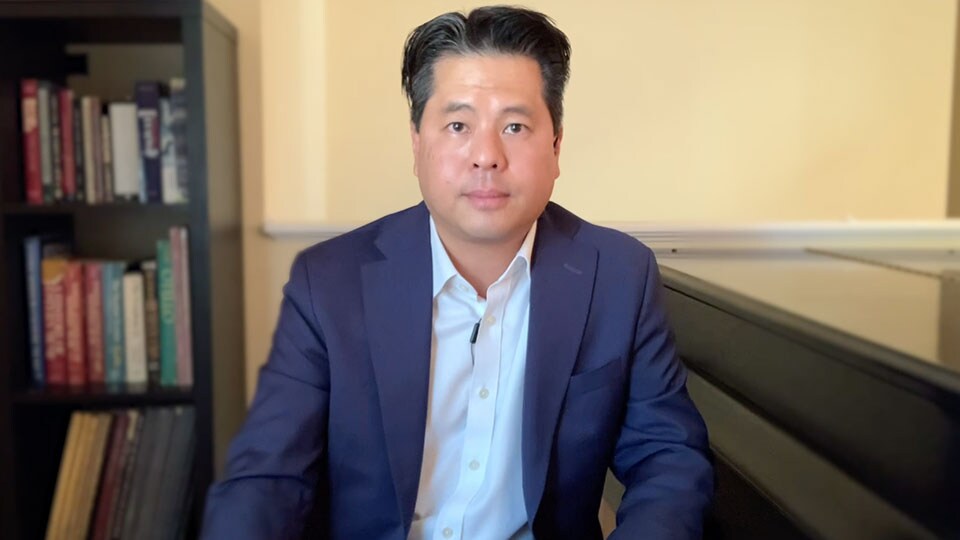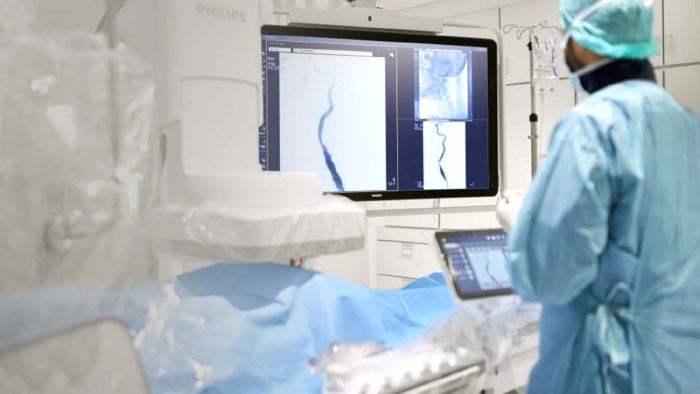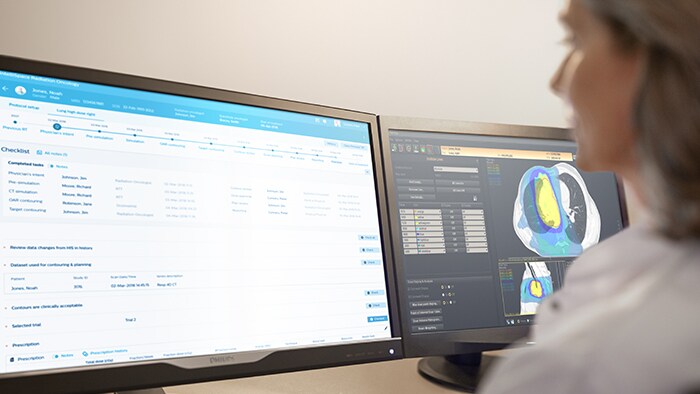Oncology
Barriers to workflow optimization
Communication, timely and accurate patient data, and care coordination across multi-disciplinary specialists challenge healthcare providers working to deliver the most effective and efficient oncology care for each patient.
At a glance
Hear what your peers are saying about barriers to optimizing oncology care workflows
These experts share their thoughts on the barriers that need to be addressed to optimize oncology care workflows, such as access to patient records, complexity of process, and the lack of access to patient data.
Dr. Jackman discusses standardization, communication and culture in clinical workflow
How do we make sure that we put the right people in the right place, with the right information, to come to decision-making, to come to bringing their expertise forward for a patient?"
David Jackman, M.D.
Medical Director of Clinical Pathways, Dana-Farber Cancer Institute
Dr. Steele examines the role of workflow standardization in patient safety
Standardization for the patient means patient safety. It means that they can feel more comfortable that their specimen is being handled the same way no matter which hospital they go to and that they'll get a quality result in a timely manner."
Julie Steele, MD
Department Chair of Pathology Scripps Clinical Medical Group & Service Line Director, Oncologic Pathology for the Scripps, MD Anderson Cancer Center
Dr. Postmus speaks on the importance of accessing patient data at the right time and place
The challenges that we are facing today are there is so much information now that it makes it complicated to get the condensed information on a patient coming from all kind of specialists, all kind of different imaging techniques, in a way together that you can oversee that."
Professor Pieter Postmus, M.D., PhD
Head of Department and Professor of Pulmonology, Leiden University Medical Centre
Dr. Rosen addresses the need to prioritize communication and access to records
In order to make a facility flow properly, you want to make sure that the left hand and the right hand know what each other are doing. You want to make sure that communication is key through every aspect of the department."
Lane Rosen, M.D.
Director of Radiation Oncology, Willis-Knighton Cancer Center
Dr. Kastner discusses integrating people and data to optimize workflows
We're quite proud, particularly with this quality of management to be one of the top units in prostate diagnostics by using quality management processes and value-based care ideology."
Christof Kastner, PhD, FRCS (Urol), FEBU
Consultant Urologist & Prostate Cancer Lead, Cambridge University Hospitals

Get in contact with our Oncology specialists
Share this article
Share this page
At a glance
Other themes being discussed by your peers
Key challenges you might be facing

More information about Oncology Solutions
Find out how Philips can help you enable a clear care pathway with predictable outcomes for every patient.
